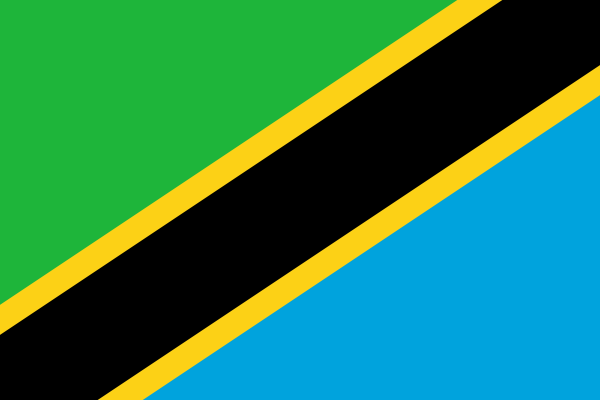In a letter released today, over 65 civil society organisations highlight systematic restrictions on fundamental freedoms in the run-up to the 28 October 2020 national elections in Tanzania.
The signatories are deeply concerned about the continued deterioration of democracy, human rights and rule of law in the United Republic of Tanzania. “In the past five years, we have documented the steady decline of the country into a state of repression, evidenced by the increased harassment, intimidation, prosecution and persecution of political activists, human rights defenders (HRDs), journalists and media houses; the enactment of restrictive laws; and disregard for rule of law, constitutionalism, as well as regional and international human rights standards. We are deeply concerned that the situation has worsened during the COVID-19 pandemic and as the country heads for general elections on 28 October 2020,” they write.
The letter outlines restrictions independent and critical voices have been facing in Tanzania, echoing concerns raised by African and international human rights bodies and actors.
“We call on Tanzania to heed the messages delivered by national, African, and international actors and to change course before the country enters a full-fledged human rights crisis, with potentially grave domestic and regional consequences,” the letter concludes.

